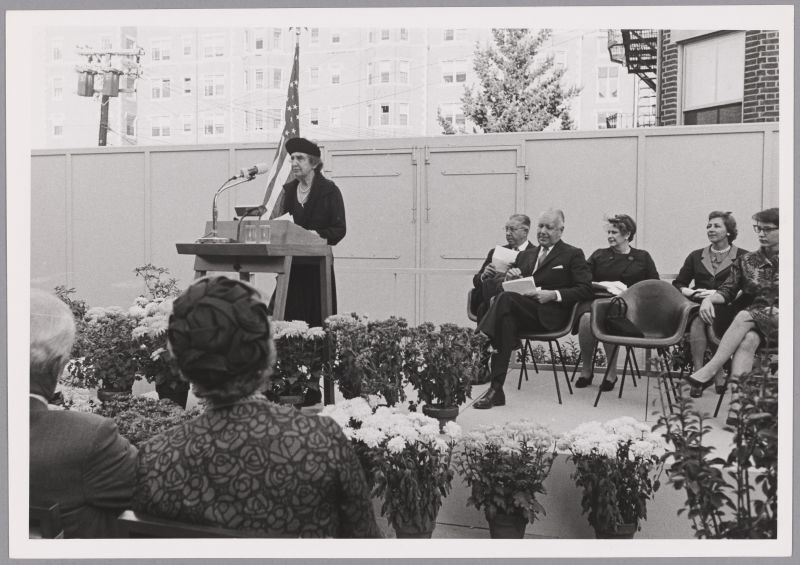No ordinary high society lady
Throughout her life, Katharine Dexter McCormick (August 27, 1875 – December 28, 1967) widened the horizons of what was possible for women. A suffragist, philanthropist, and scientist, she broke boundaries from an early age, becoming one of the first women to graduate from MIT. She later went on to fund McCormick Hall, the first on-campus dormitory for women at MIT.
Enrolling at MIT in 1896, first as a non-degree seeking “special student” and then as a matriculated student, she majored in biology (course VII), making her the 14th woman to graduate from MIT with a bachelor’s degree in the subject. She was one of only six women in her graduating class, and the only one to major in biology.
Katharine was also a vocal supporter of women's rights. She played key leadership roles in the women’s suffrage movement, worked to advance women’s presence in higher education and the professional world, and funded the development of the world’s first birth control pill.
“The woman suffrage movement offers the broadest field for contact with life. . . it gives a wider horizon in the recognition of one fact — that the broadest human aims and the highest human ideals are an integral part of the lives of women.” -Katharine Dexter McCormick, Convention of the National American Woman Suffrage Association, 1911
McCormick’s philanthropy left an enduring mark on medical and scientific institutions - from universities to research laboratories, hospitals, and beyond. She donated millions of dollars to the Planned Parenthood Foundation, to Stanford Medical School for women’s education, and to the Worcester Foundation. At MIT, she funded the construction of McCormick Hall, the Institute's first and only all women’s dormitory. The much needed housing for women led to a significant rise in their enrollment - the number of incoming female students doubled within just five years of the dormitory’s first wing opening in 1963.




